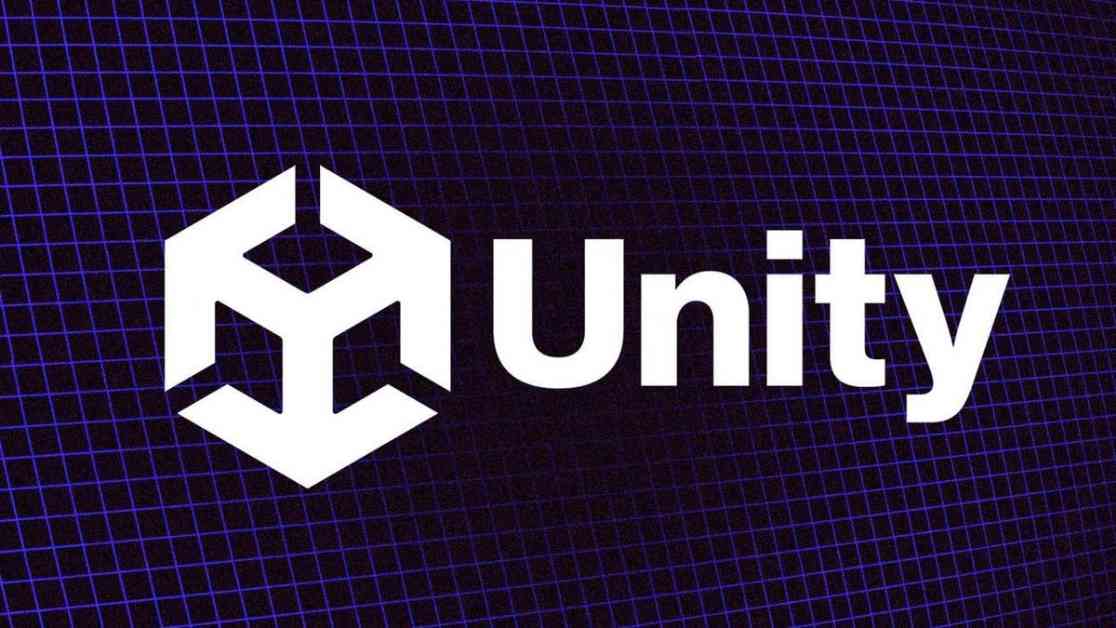Unity, the popular video game engine used by developers big and small worldwide, has announced the cancellation of its controversial Runtime Fee after just one year. This decision comes after facing backlash from developers who criticized the fee structure as burdensome and potentially harmful to the industry. The company will be reverting to a more traditional subscription model, but with some changes that may impact users going forward.
Cancellation of Runtime Fees
A year ago, in September 2023, Unity made waves in the gaming industry with its announcement of the Runtime Fee. This fee would kick in once a game reached a certain number of downloads and revenue threshold, charging developers for every new installation of their Unity-developed games. This move was met with widespread criticism, as many smaller developers and creators feared the financial implications of these fees. There were concerns that developers might avoid using Unity altogether to avoid the hefty fees, potentially leading to delays in game development and removal of older games from sale to evade the charges.
In response to the backlash, Unity quickly backtracked on some of its decisions, leading to the resignation of key executives and a reevaluation of its pricing strategy. Now, the company has officially announced the complete elimination of the Runtime Fees, aiming to alleviate the financial burden on developers and foster a more collaborative environment for game development.
Return to Subscription Model
Unity’s CEO, Matthew Bromberg, shared the news of the fee cancellation in a blog post on Unity’s website, emphasizing the company’s commitment to supporting developers and advancing the gaming industry. The decision to remove Runtime Fees aligns with the feedback Unity received from its community, indicating a willingness to listen and adapt to the needs of its users.
With the Runtime Fees out of the picture, Unity will be returning to a subscription model for its services. Unity Personal licenses will remain free until a game surpasses $200,000 in revenue or funding, providing developers with a cost-effective option to start their game development journey. However, there are price increases on the horizon for some subscription plans, which may impact users in the coming year.
Price Increases and Subscription Changes
Starting in January 2025, Unity Pro subscriptions will see an 8% price hike, with the annual fee rising to $2,200 per seat. Unity Enterprise users will experience a more significant increase of 25%, reflecting the company’s efforts to align pricing with the value provided to larger customers. These changes are part of Unity’s strategy to sustainably invest in game development innovation while ensuring fair pricing for its services.
Unity Personal users will benefit from an increased revenue and funding threshold before being subject to fees, giving developers more flexibility in their early stages of game development. Additionally, the Made with Unity splash screen will become optional for games developed with Unity 6, offering users greater customization options for their projects.
Looking Ahead
In his blog post, Bromberg reassured the Unity community that the company remains committed to continuous improvement and collaboration with developers. While price increases may be necessary to support ongoing innovation, Unity aims to implement these changes thoughtfully and transparently, focusing on annual subscription adjustments rather than ad-hoc fees based on game installations.
As Unity moves forward with its revised pricing structure, developers can expect a more predictable and sustainable approach to accessing the engine’s capabilities. By eliminating the controversial Runtime Fees and introducing incremental price adjustments, Unity seeks to strike a balance between supporting developers’ creativity and driving innovation in the gaming industry.
The Future of Unity
Unity’s decision to cancel the Runtime Fees and adjust its subscription pricing reflects the company’s dedication to fostering a supportive environment for game developers. By listening to feedback from its community and making changes to align with user needs, Unity demonstrates its commitment to collaboration and innovation in the gaming industry.
As developers continue to create diverse and engaging games using Unity, the company’s evolving pricing model aims to provide a fair and transparent framework for accessing its engine. With a renewed focus on partnership and support for developers of all sizes, Unity looks towards a future of creative possibilities and shared success in the world of game development.
In Conclusion
Unity’s decision to cancel the controversial Runtime Fees and implement pricing changes reflects the company’s commitment to supporting developers and advancing game development innovation. By listening to feedback from its community and adjusting its pricing model accordingly, Unity aims to create a more sustainable and collaborative environment for developers worldwide. As the company moves forward with its revised subscription plans, developers can expect a more predictable and transparent approach to accessing Unity’s engine, paving the way for continued creativity and success in the gaming industry.




















